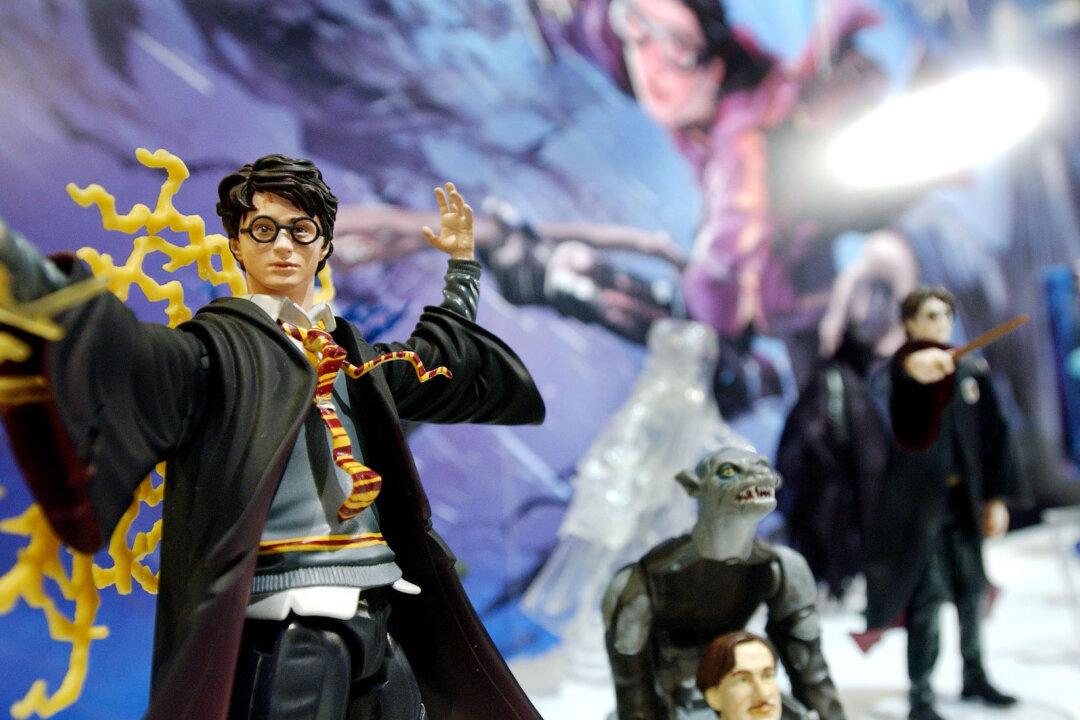A Tennessee school has removed the Harry Potter series from its library after its priest concluded students who read the books could conjure evil spirits.
Rev. Dan Reehil of Nashville’s St. Edward Catholic School said he was recommended by U.S. exorcists to take the seven-book series off the school’s library shelves because of how they presented magic.





